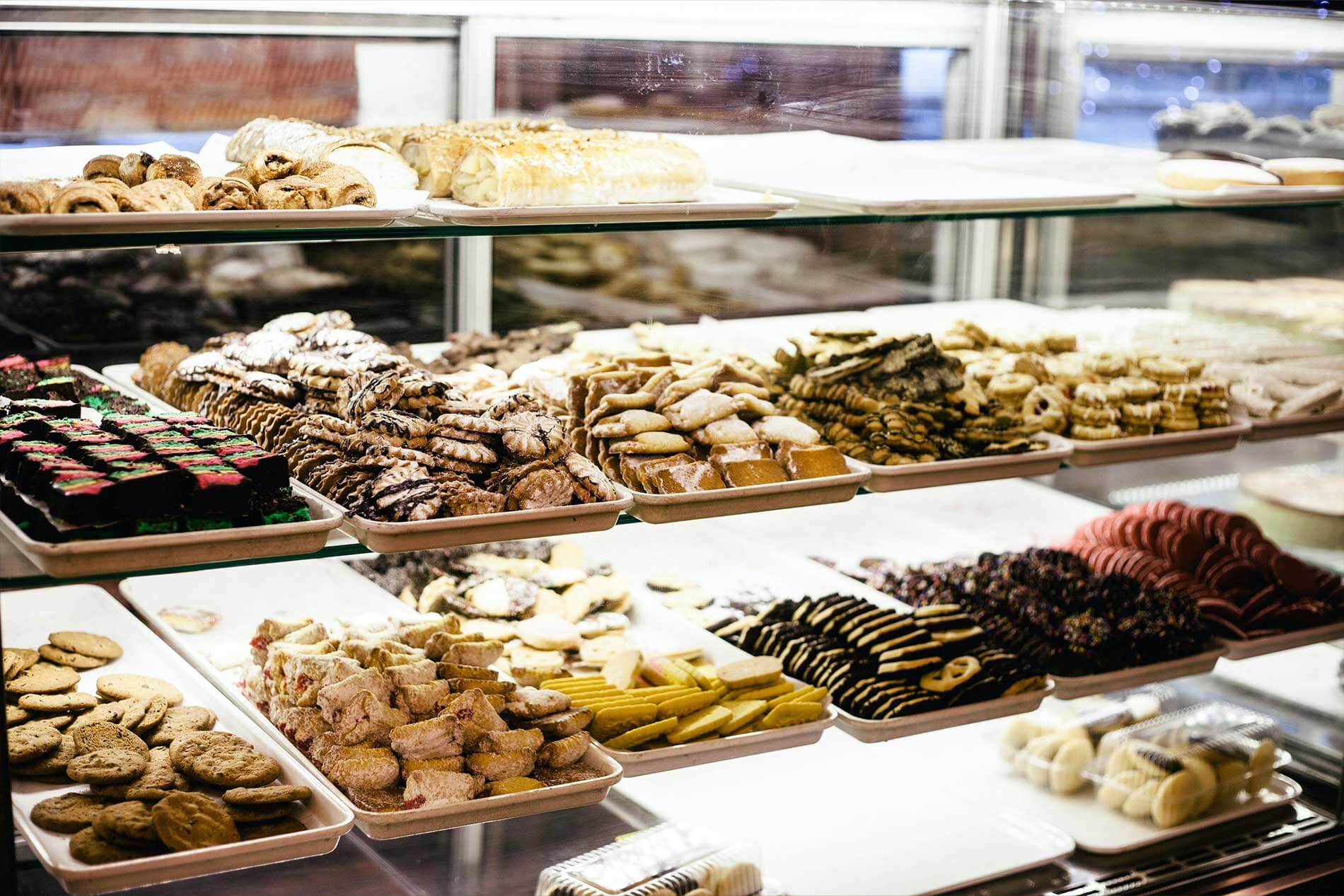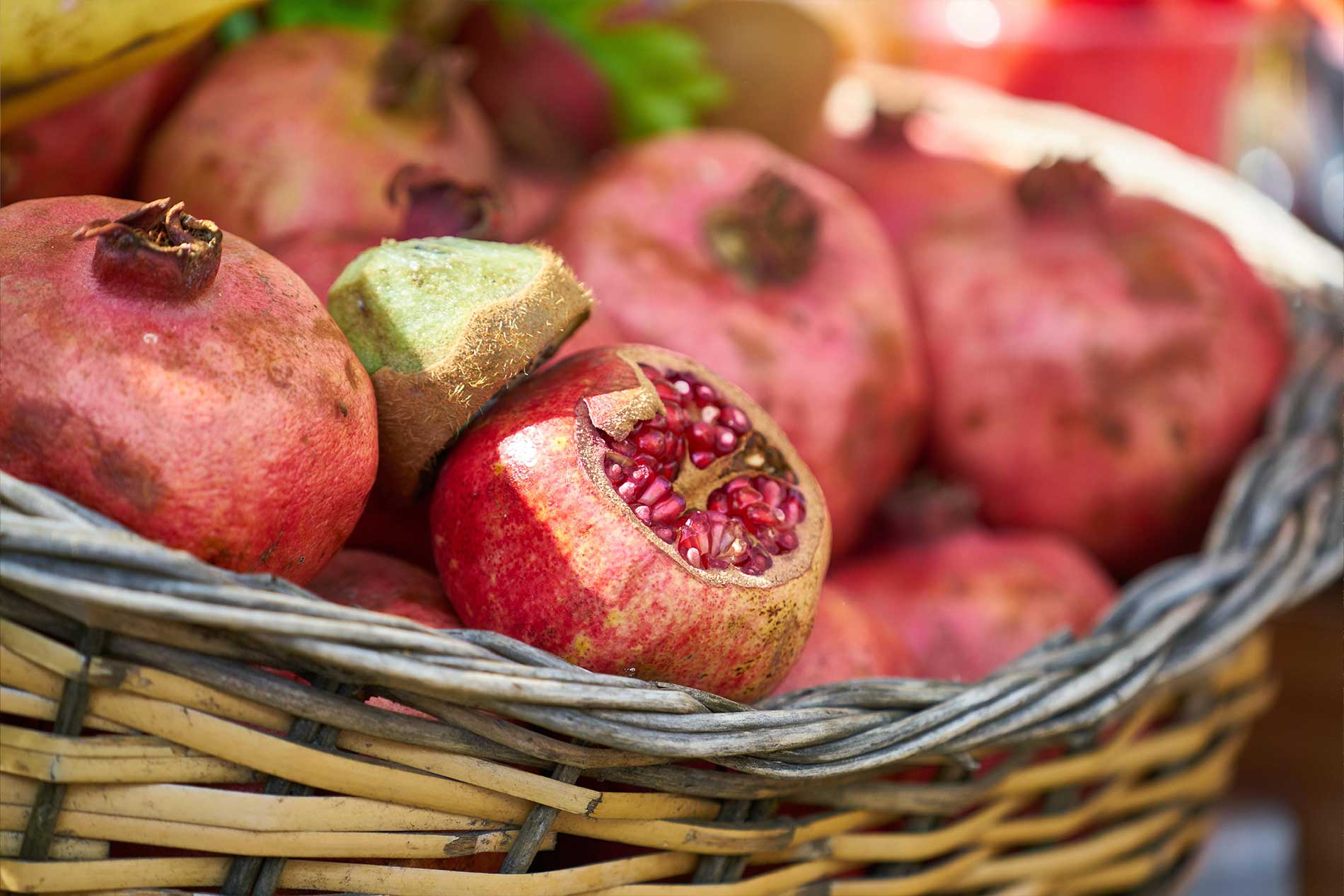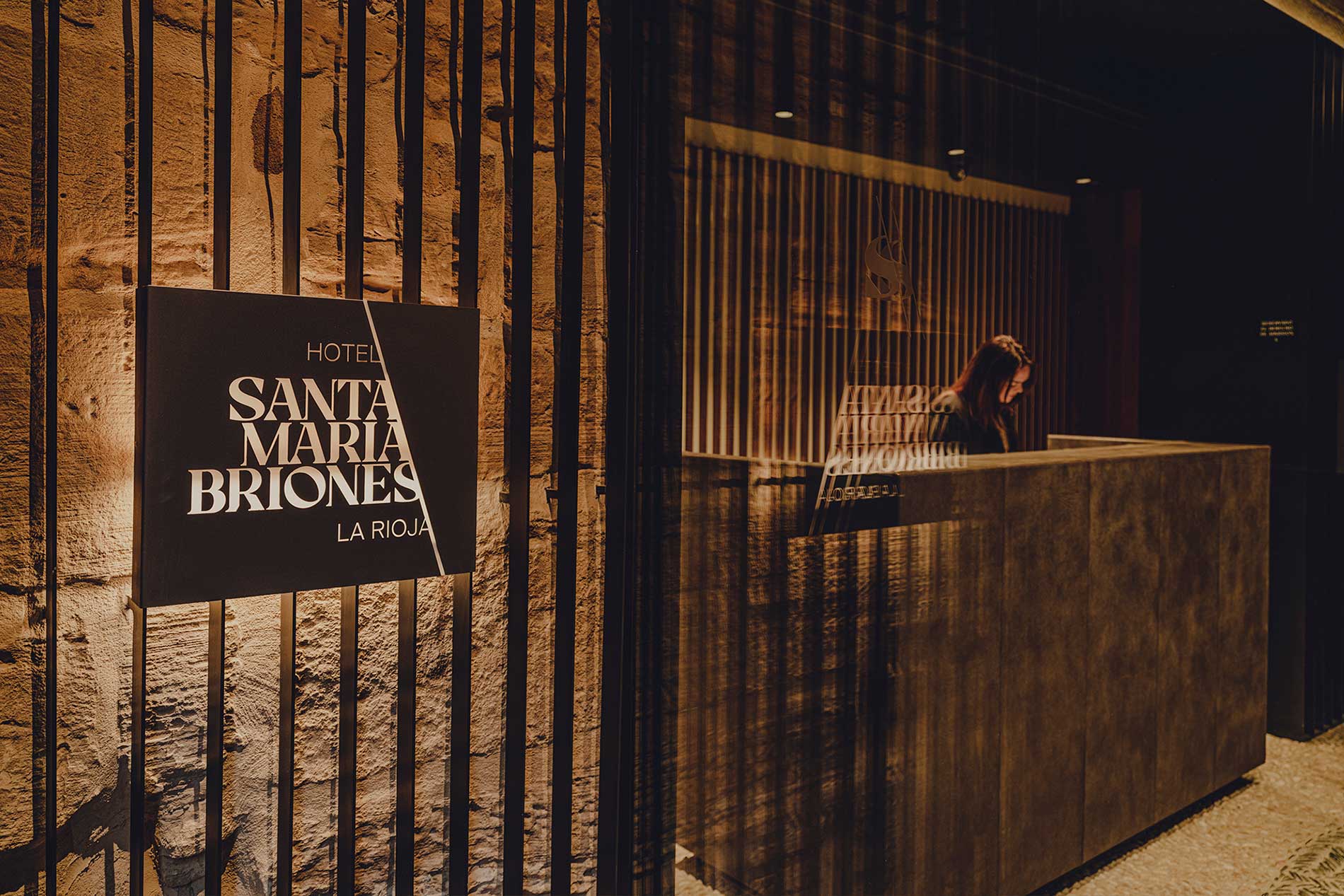La Rioja is a rich, diverse land. It’s full of beautiful landscapes where nature abounds, as well as trails lined with greenery; religious and public sites with long, storied pasts; and, of course, La Rioja’s gastronomy and wine, which have won over palates from all around the world.

And its words… Words can be so meaningful. They capture the essence of a place, and how they’re used defines the people who come from a particular region. Many words travel far beyond their places of origin.
Rioja-isms are those words that belong to us, to La Rioja, our vernacular. A regional vocabulary. The context in which they’re spoken tells us a lot about the person uttering them, about a city or town’s past. Sometimes, they’re the result of combining other words or the product of migrations that took place once upon a time. Some words are lost, and others are preserved…
Here, they’ve evolved among the cobblestone streets, surrounded by vineyards and wine, accompanied by vegetables from Riojan gardens and a cuisine that often features vine shoots.
Here, we find ourselves in the land that gave rise to Castilian Spanish, within the walls of the twin monasteries Suso and Yuso, considered the birthplace of the language. Many of these words’ meanings have shifted over time. Today, in the streets of Logroño, Briones, or Haro, you’ll catch certain expressions that speak volumes…
The word “pantaloneta” simply means short pants or shorts. It’s a Riojan classic. One that, according to the Real Academia Española (the Spanish Royal Language Academy), can also be heard in places like Costa Rica, El Salvador, and Honduras. Even so, it’s a signature Rioja-ism.
In La Rioja, if we want to buy sweets or pastries, we go to the “golmajería” or pastry shop. A “golmajo” is someone who has a sweet tooth. The word is believed to have its roots in Arabic.
What can you try in a golmajería? Some traditional fardalejos, a rectangular puff pastry with an almond filling originally from Arnedo. Or perhaps some scallop-shaped ahorcaditos might tempt you…

“Caparrones for sale.” During a visit to La Rioja, you might decide to explore some of its villages. If you do, it wouldn’t be at all unusual to spot several signs bearing this advertisement. That’s because in La Rioja, “caparrones” is our name for what others call beans. They’re a kind of red kidney bean that’s very common in Riojan cooking.
Or milgrana or mengrana… These three words can all be found on the tip of our locals’ tongues. It’s the fruit more commonly known as a pomegranate (or granada in Spanish).
This term dates back to the medieval poet Gonzalo de Berceo, who used it in his day. It comes from the Latin “mille grana,” which means “a thousand seeds.”

“Canilla” is the word Riojans use to refer to a faucet. But this colloquialism isn’t limited to La Rioja; it’s one we share with other countries in South America, like Bolivia, Argentina, and Uruguay.
That is what happens in La Rioja when something melts. Ice cream and ice don’t melt here; “se regalan.” It’s a term that’s been in use for centuries and has stuck around to this day.
These are just a few examples of the Rioja-isms you’ll hear in this land known for its wine tourism, culture, and natural beauty. Words are just one more way to explore a region: through its meanings. Coming to know, understand, and appreciate the sense of a locale…

And La Rioja has plenty to say. We’re ready to greet you at the hotel Santa María Briones with open arms, eager to tell you more:
